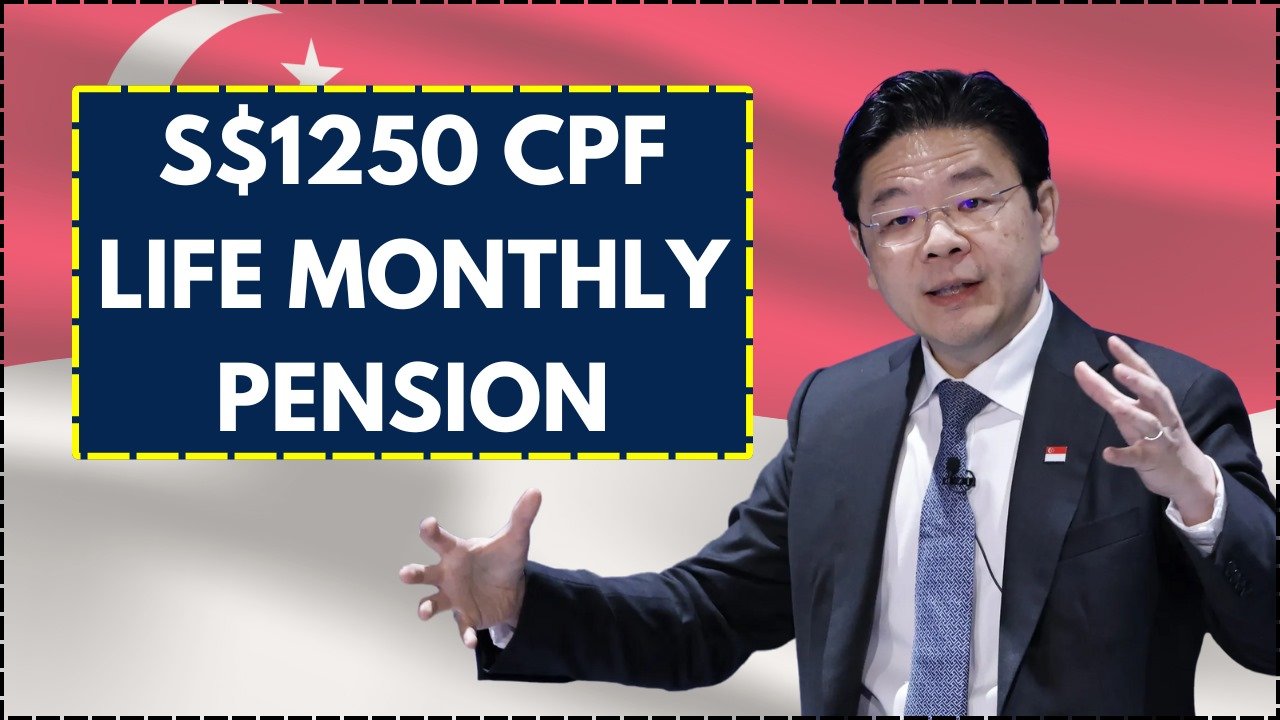Singapore is stepping up its efforts to address falling birth rates and rising parenting costs by launching a significant revamp of the Baby Bonus Scheme in 2025. With the enhanced support package, eligible families can now receive up to $24,000 in financial aid per child—a substantial increase designed to alleviate the financial burden of raising children in the city-state.
This revamped scheme includes higher cash payouts, an increased CDA (Child Development Account) co-matching cap, and a simplified digital application process. It marks the most extensive upgrade to the Baby Bonus since its introduction and is designed to support families from all walks of life, including single parents and adoptive families.
Table of Contents
Overview
| Feature | Details (2025) |
|---|---|
| Cash Gift Amount | Up to $15,000 depending on birth order |
| First-Step CDA Grant | $4,000 credited automatically |
| CDA Co-Matching Cap | Raised from $6,000 to $9,000 (for 2nd child and beyond) |
| Application Process | Fully digital via LifeSG or Baby Bonus Portal |
| Approval Time | Under 5 working days, with payouts starting within 2 weeks |
| Eligibility | Includes unmarried mothers and adoptive parents |
| Total Maximum Benefit | Up to $24,000 per child |
Cash Support Increased
One of the headline changes in the 2025 Baby Bonus update is the enhanced cash gift component. Eligible parents will now receive between $13,000 and $15,000 in total cash payouts, depending on the birth order of the child. This sum includes:
- Up to $11,000 in Baby Bonus Cash Gift, disbursed over 18 months
- A $4,000 First-Step Grant that is credited directly into the CDA
To provide better financial relief during the initial parenting phase, payouts are now more front-loaded. Parents receive a larger portion of the funds shortly after the birth, helping to cover costs like hospital fees, diapers, baby gear, and formula. This approach acknowledges the intense expenses that arise in a child’s first year and aims to offer immediate, practical assistance.
CDA Co-Matching Boosted to $9,000
Beyond cash payouts, the Child Development Account (CDA) has seen a generous upgrade. For families welcoming a second child or beyond, the government will now match dollar-for-dollar parental savings up to $9,000—a notable rise from the previous $6,000 cap.
child’s future education and wellbeing, laying a stronger foundation for long-term growth and stability.
Expanding Benefits to All Families
One of the most progressive elements of the updated scheme is its inclusive eligibility criteria. Previously excluded groups such as unmarried mothers and adoptive parents are now fully eligible for the same level of support as married biological parents.
In addition, the policy allows Baby Support Grant top-ups to be used for CDA contributions, which are matched accordingly. This makes the benefit more meaningful to families with tighter financial circumstances. Premature babies and children with developmental needs will also receive added considerations under the expanded rules.
A Timely Boost for Singapore’s Families
If you’re expecting a child in 2025 or recently welcomed a newborn, this is the ideal time to explore your eligibility for the expanded Baby Bonus Scheme. The enhanced support package can now offer up to $24,000 in combined financial benefits per child—potentially transforming how families approach the early years of parenthood.
With its higher payouts, simplified processes, and inclusive eligibility, the 2025 Baby Bonus refresh is more than just a subsidy. It represents a national investment in children—supporting the next generation while empowering today’s parents.
FAQs
Q1:- Who is eligible for the 2025 Baby Bonus Scheme?
A = All Singaporean children, including those of unmarried mothers and adoptive parents, are eligible.
Q2:- How soon will I receive my cash gift after applying?
A = Cash payouts start within two weeks of registering the child’s birth and application approval.
Q3:- Can CDA funds be used for healthcare expenses?
A = Yes, CDA funds can cover MediSave-approved insurance and other healthcare costs.





